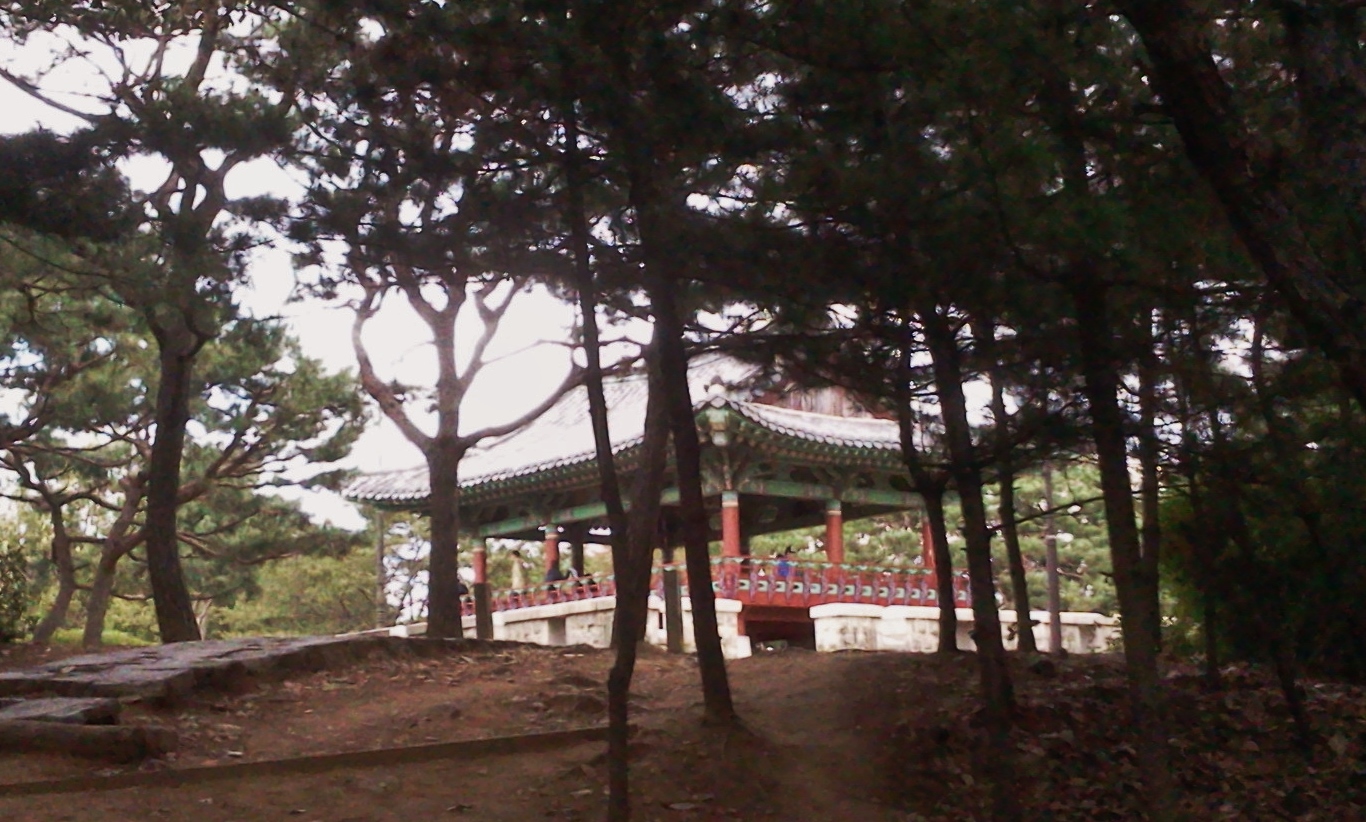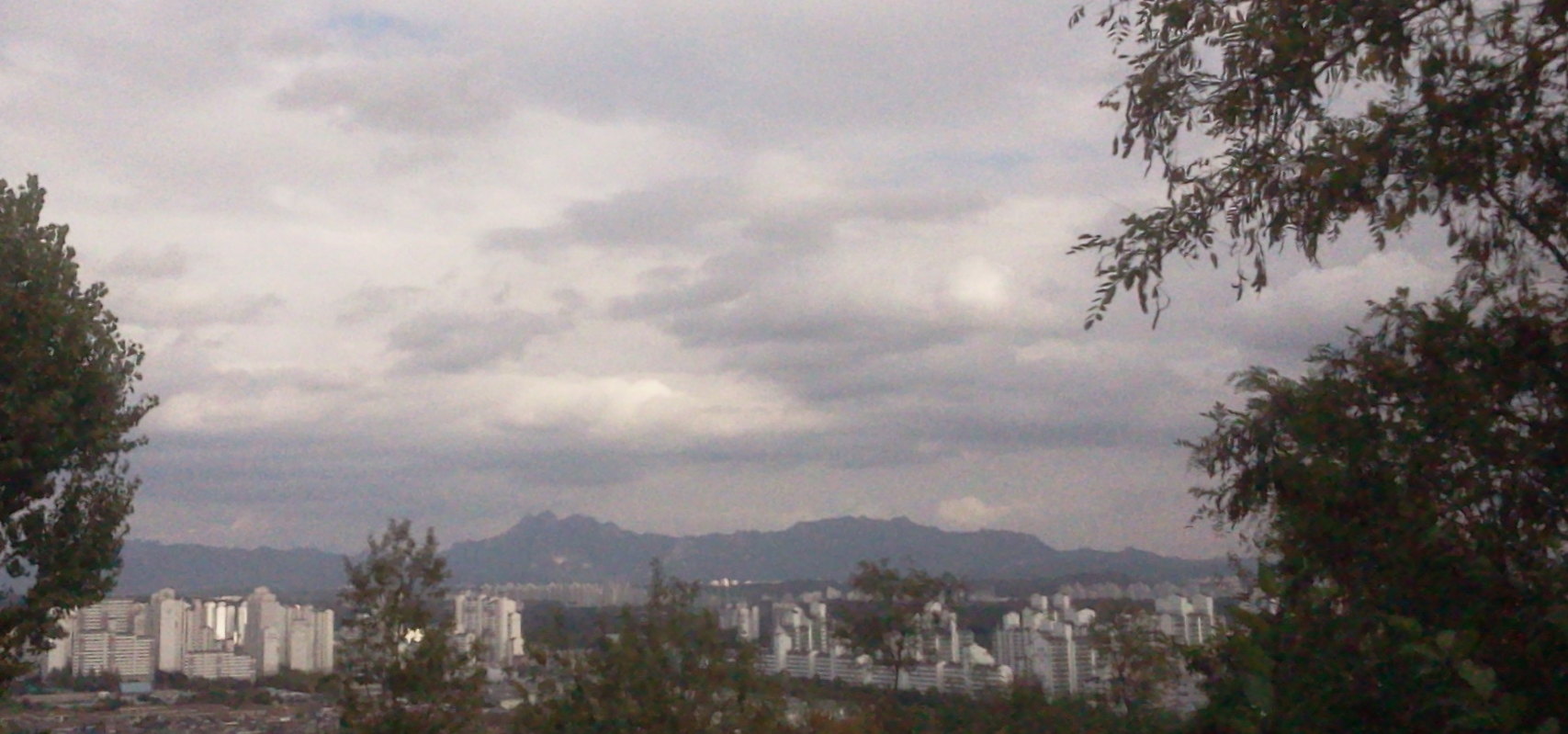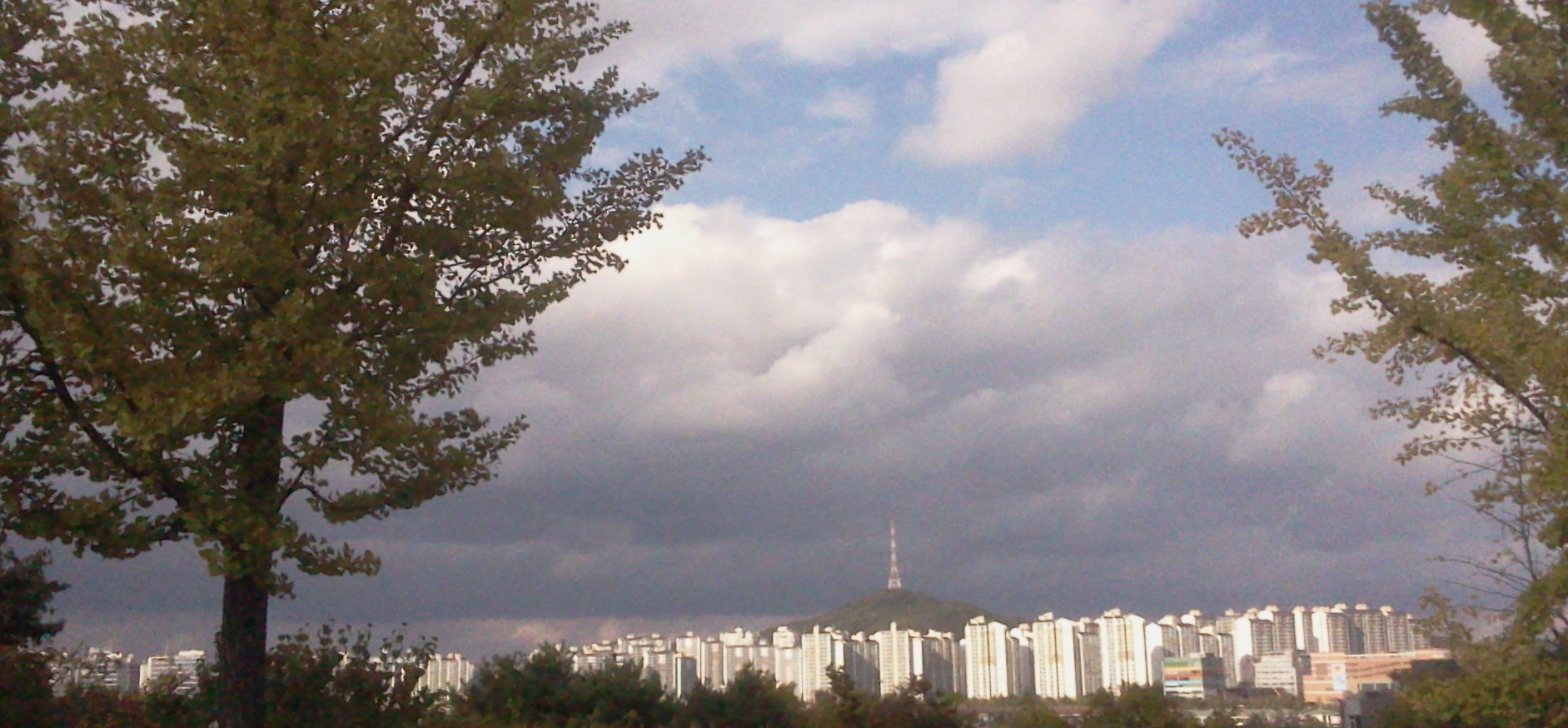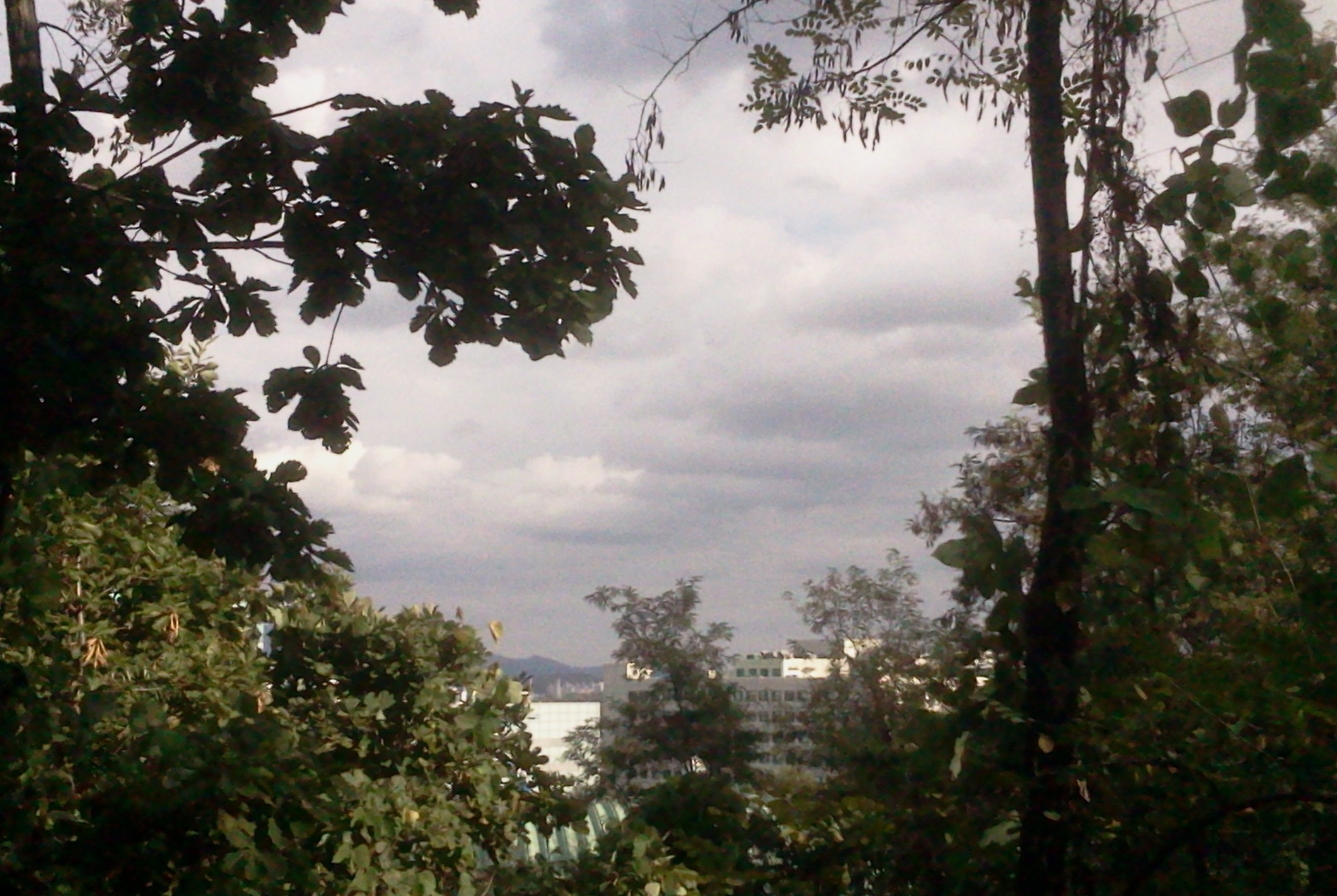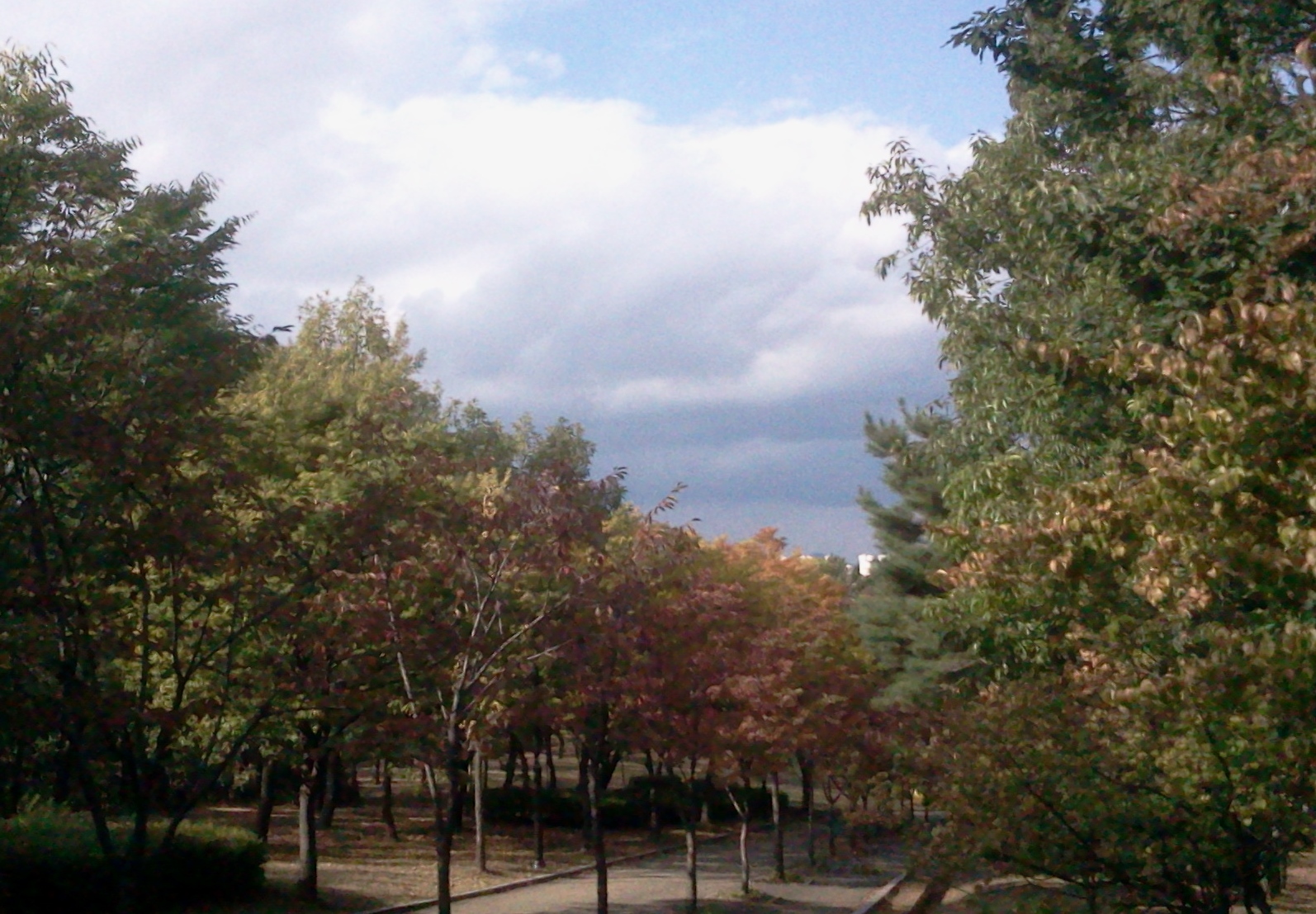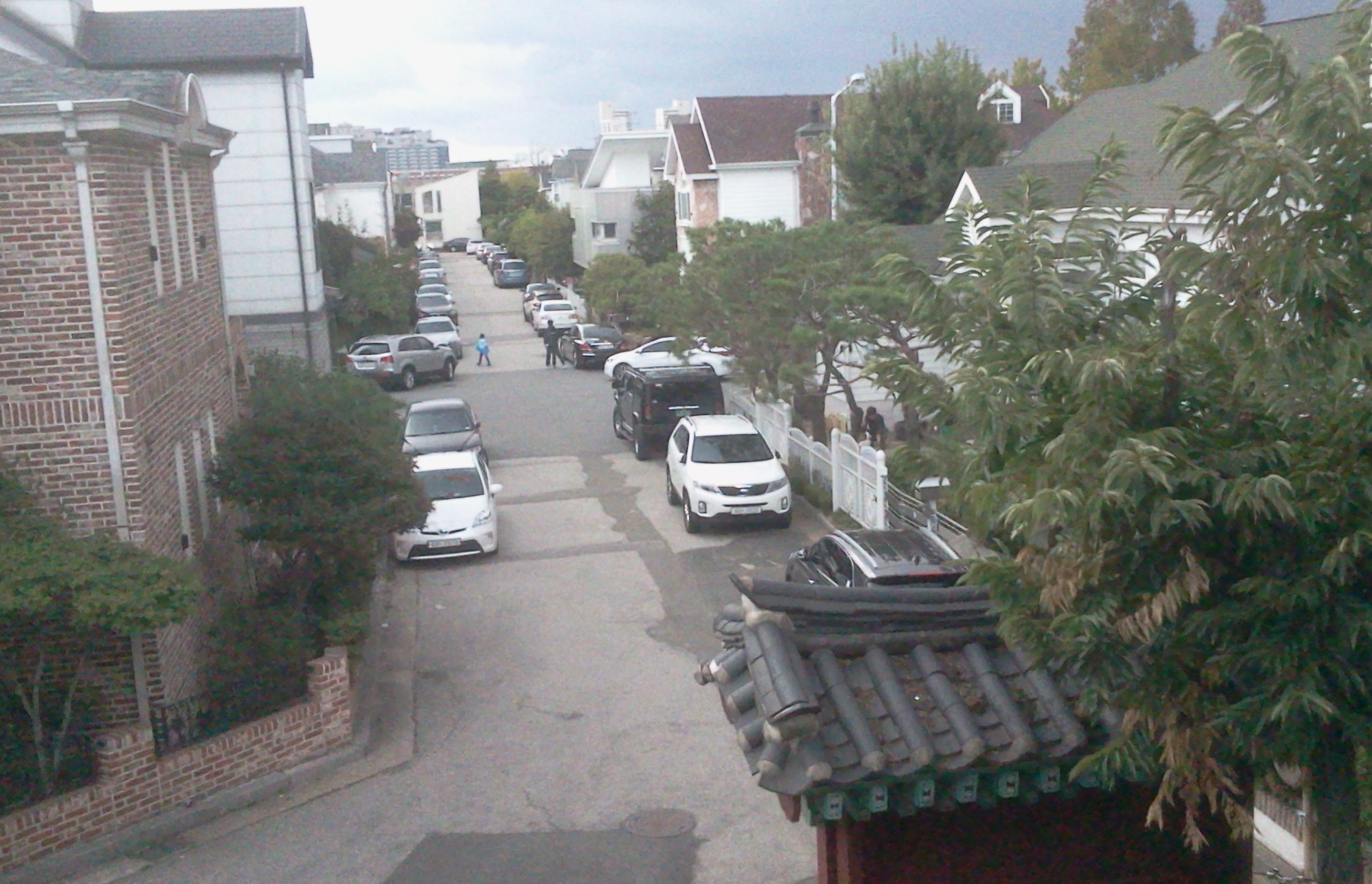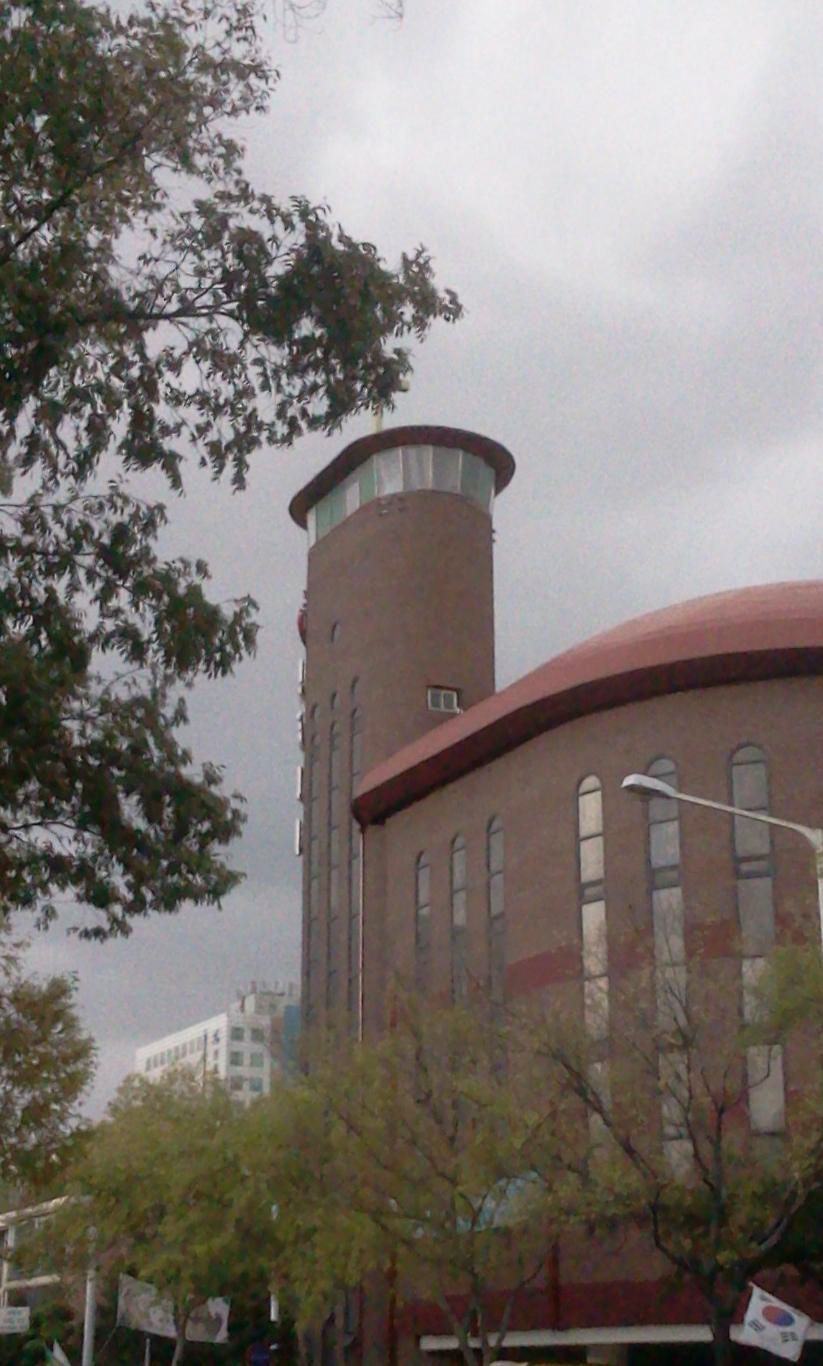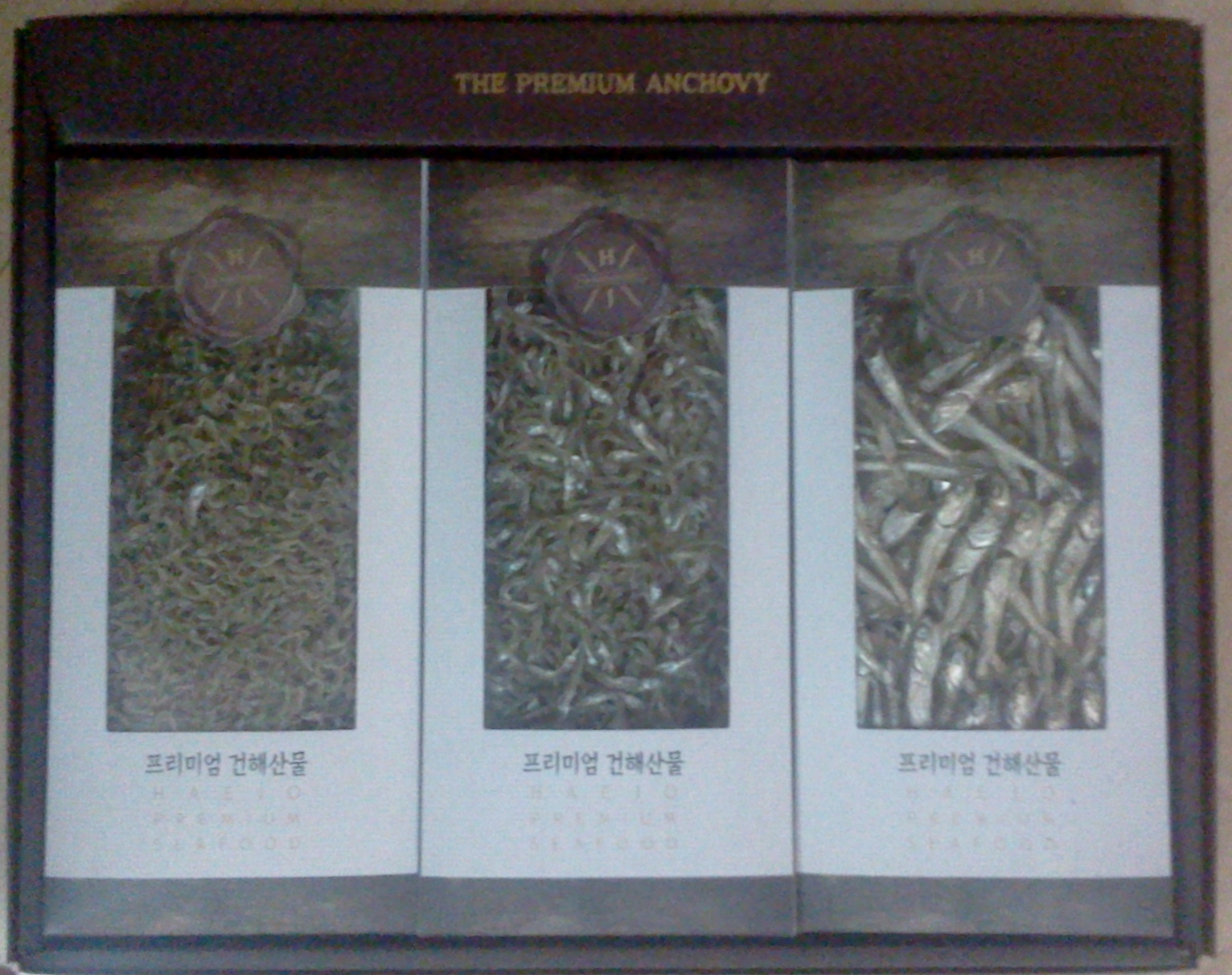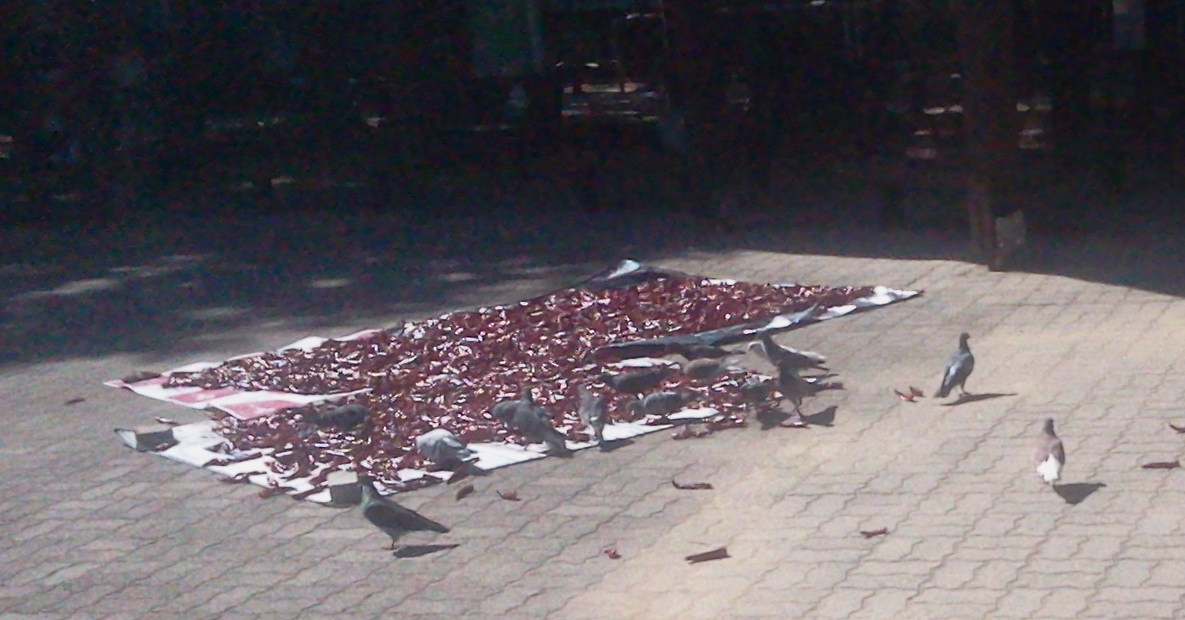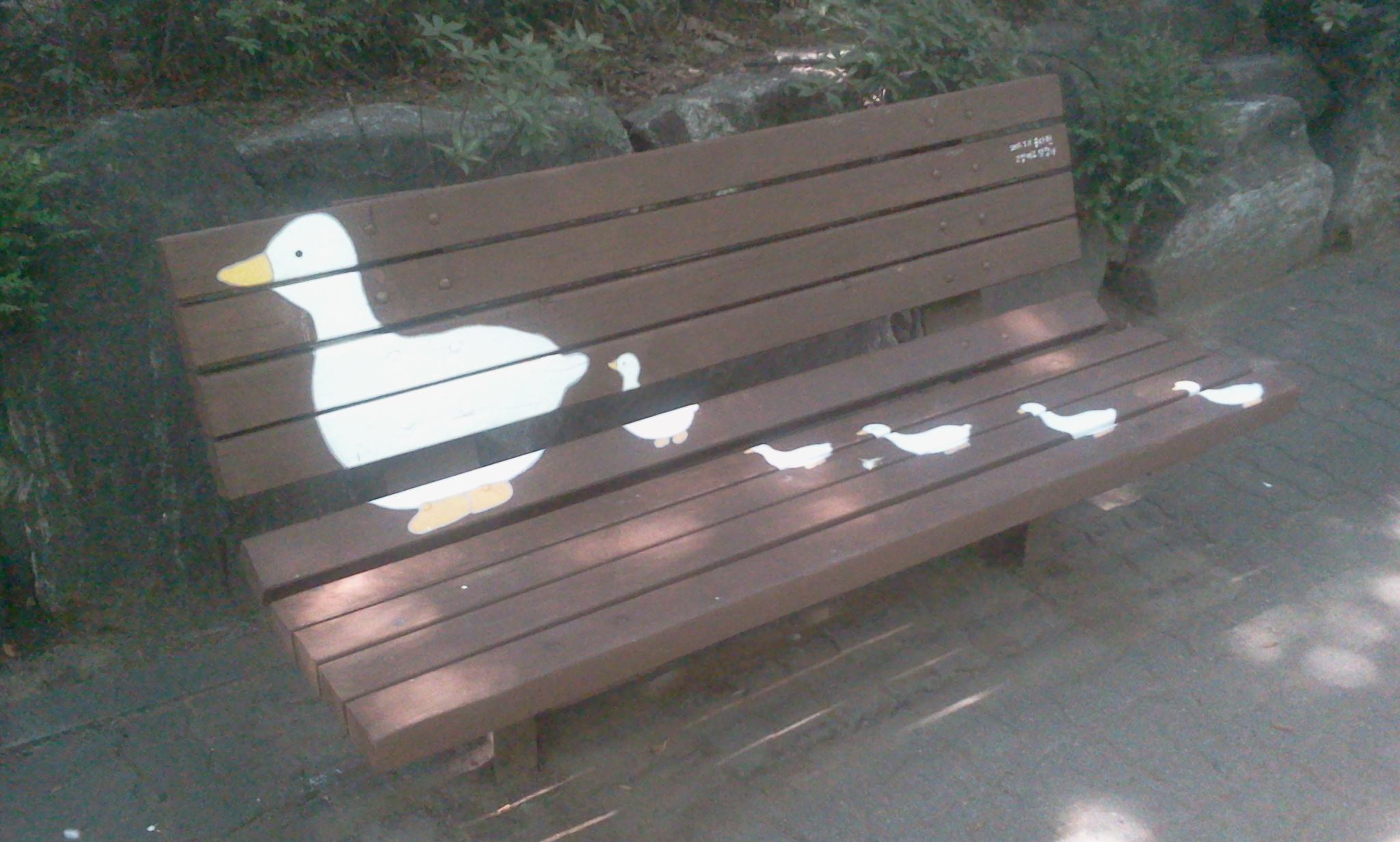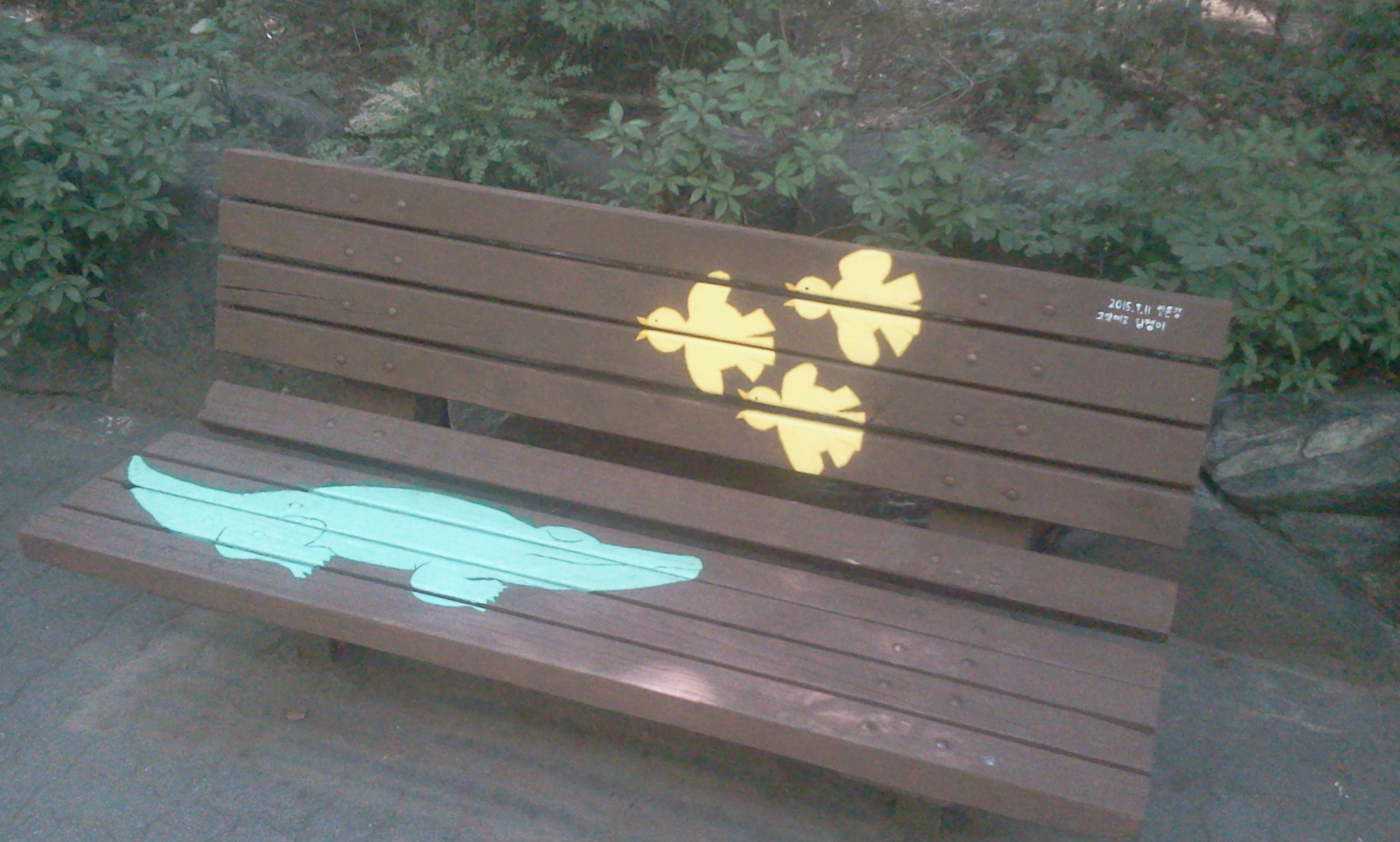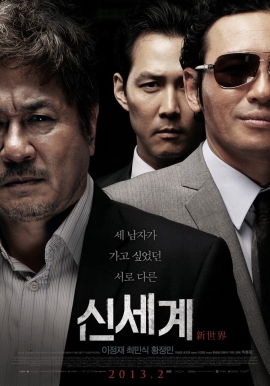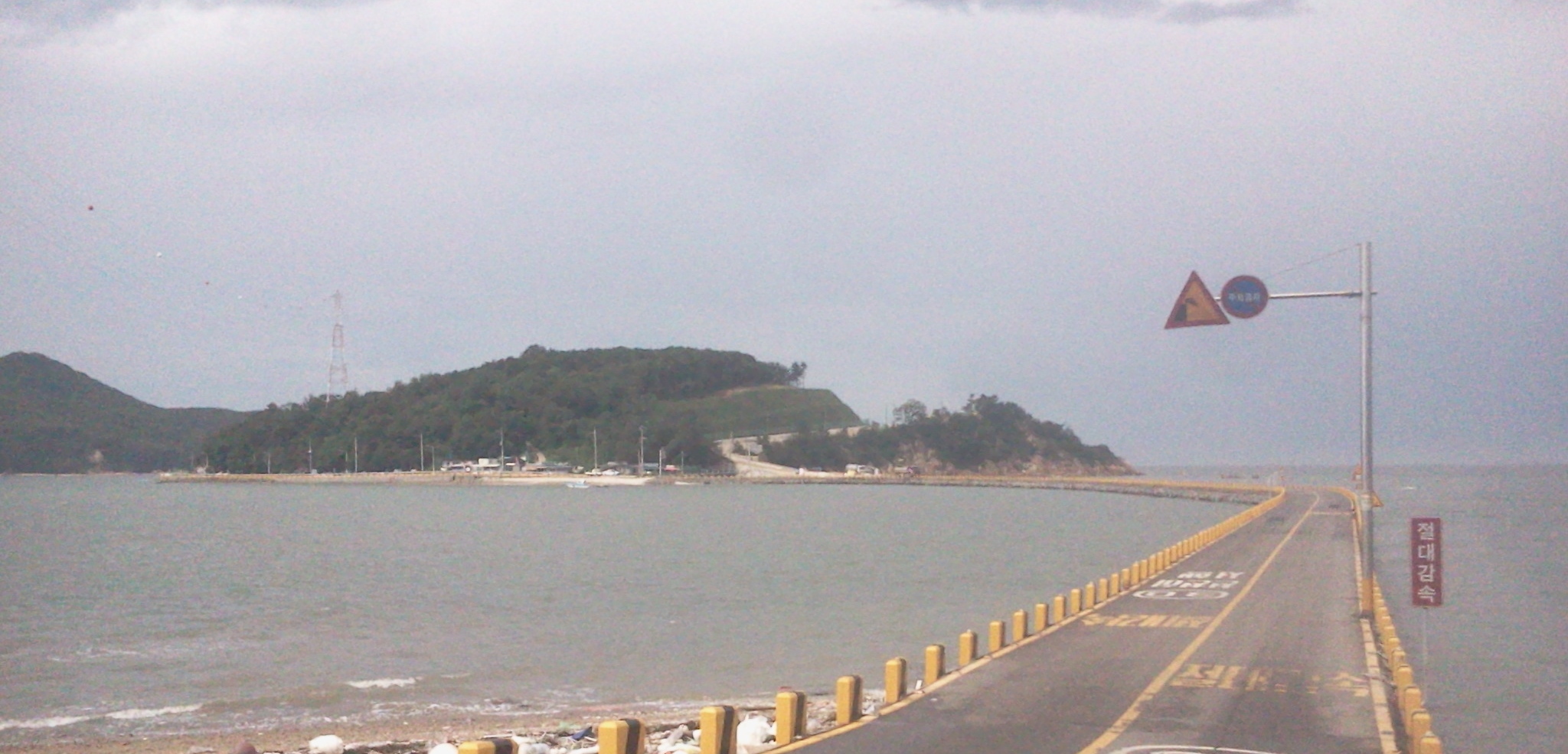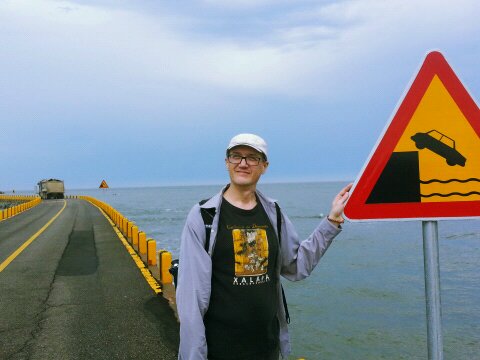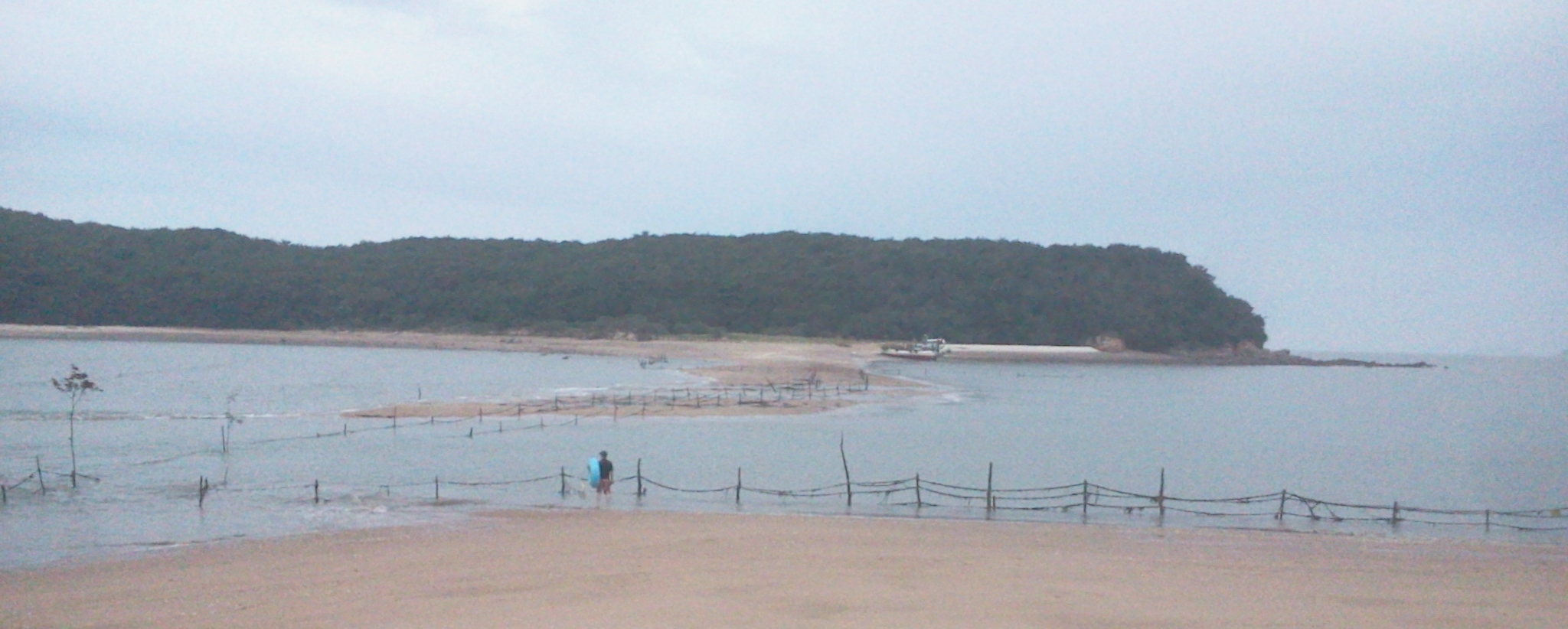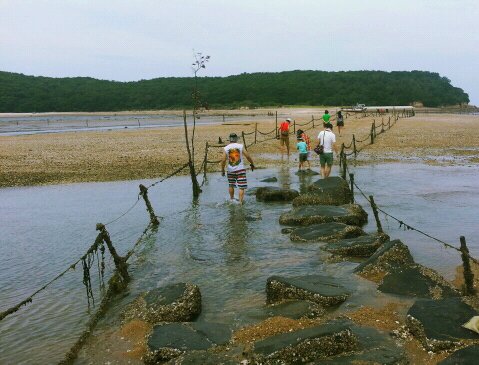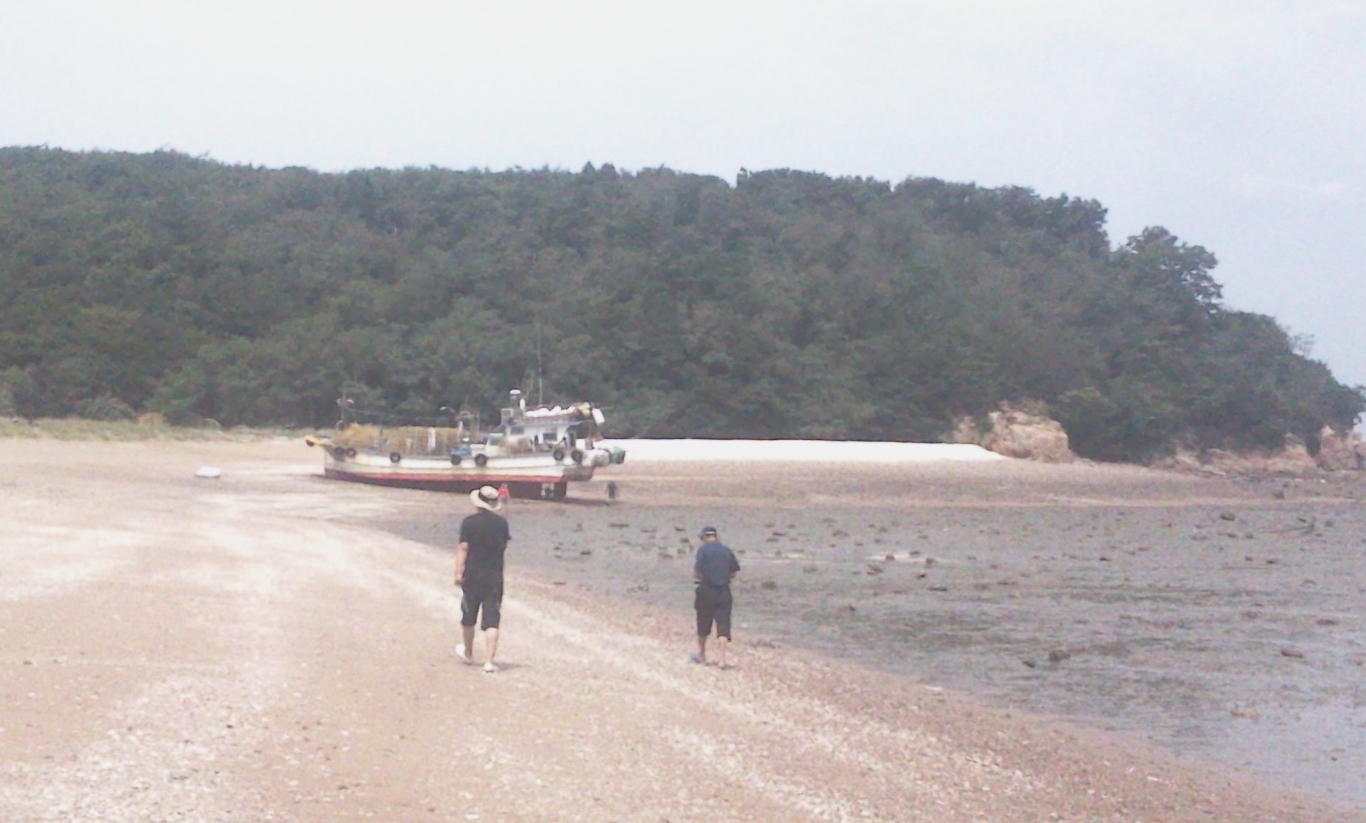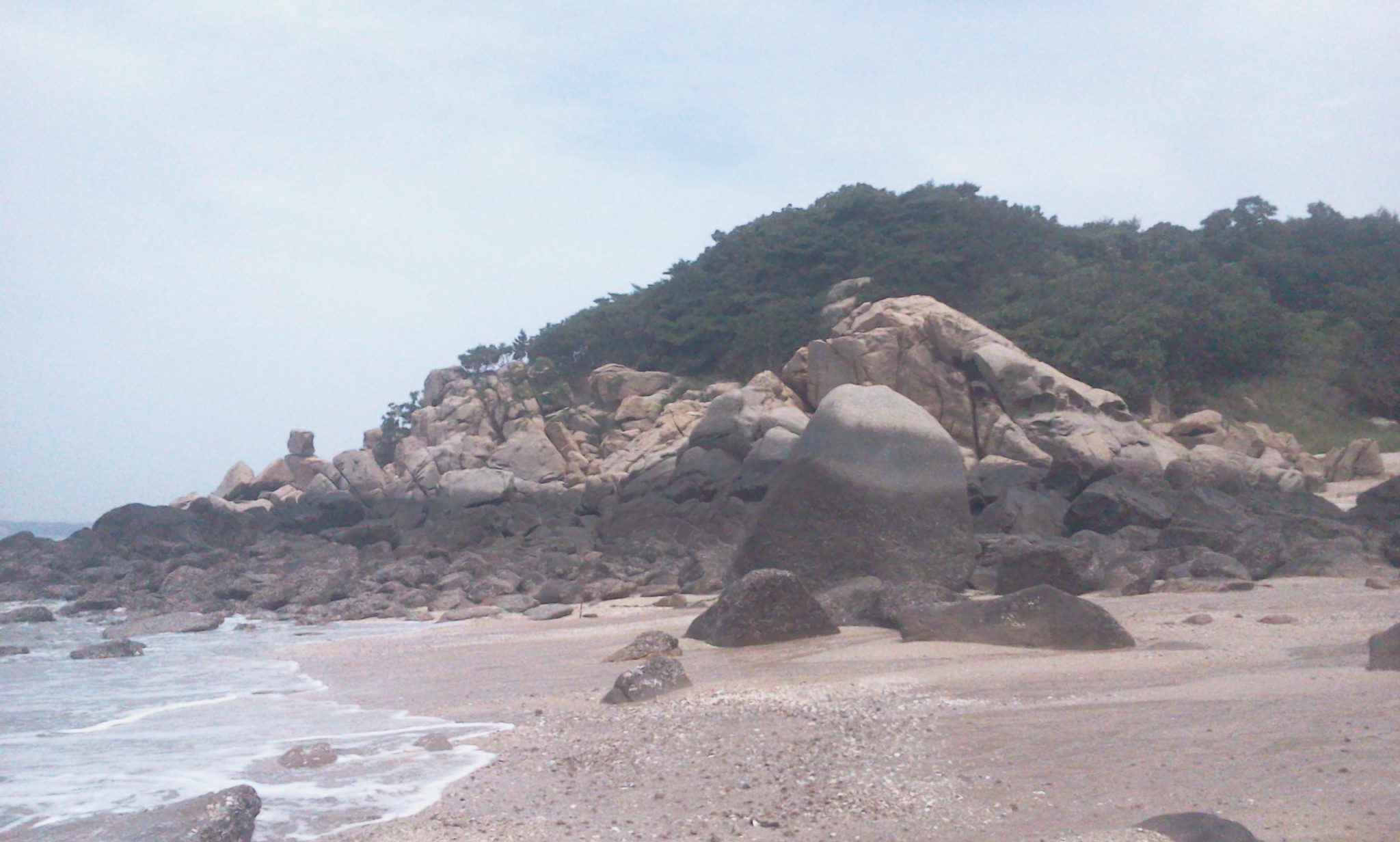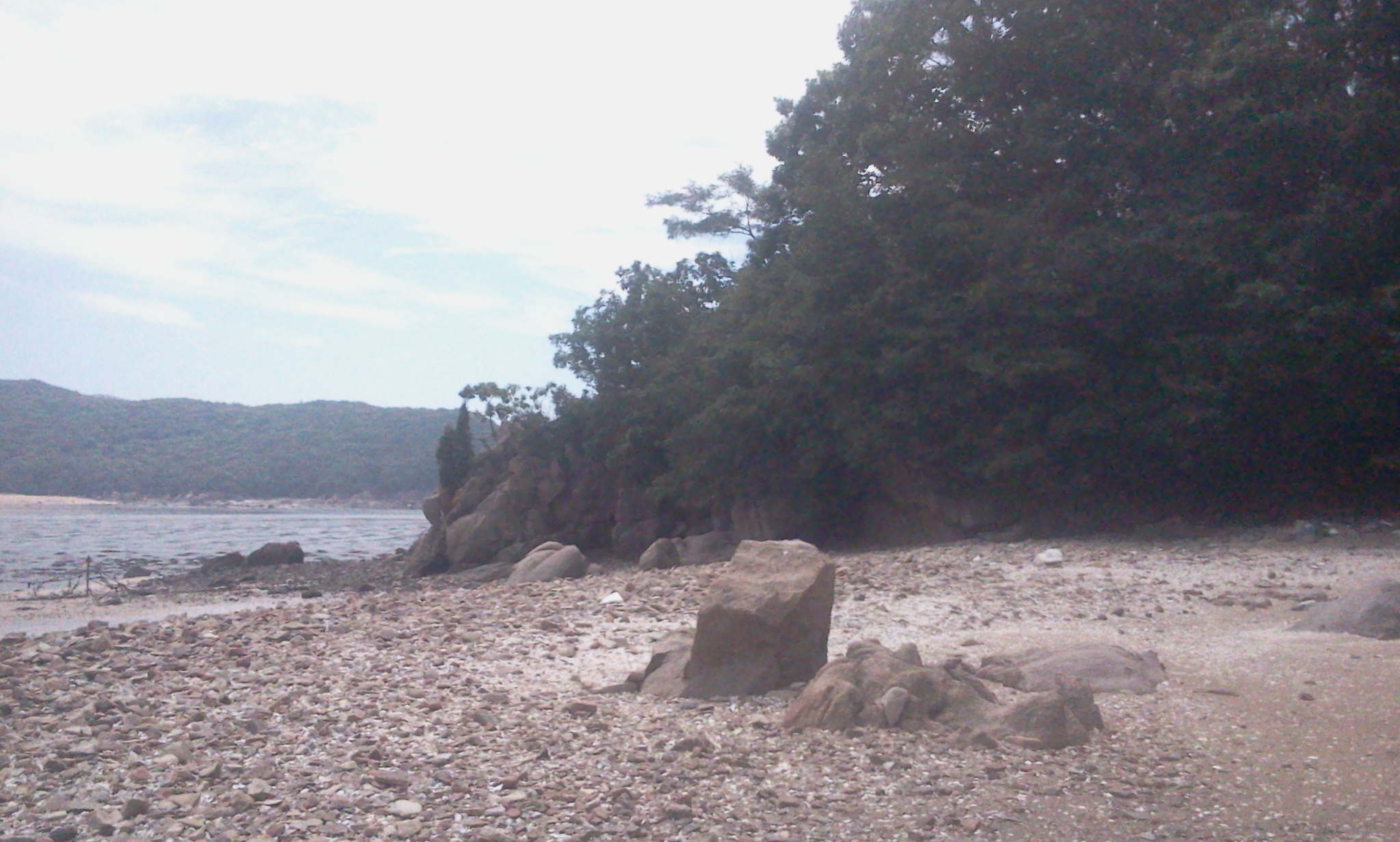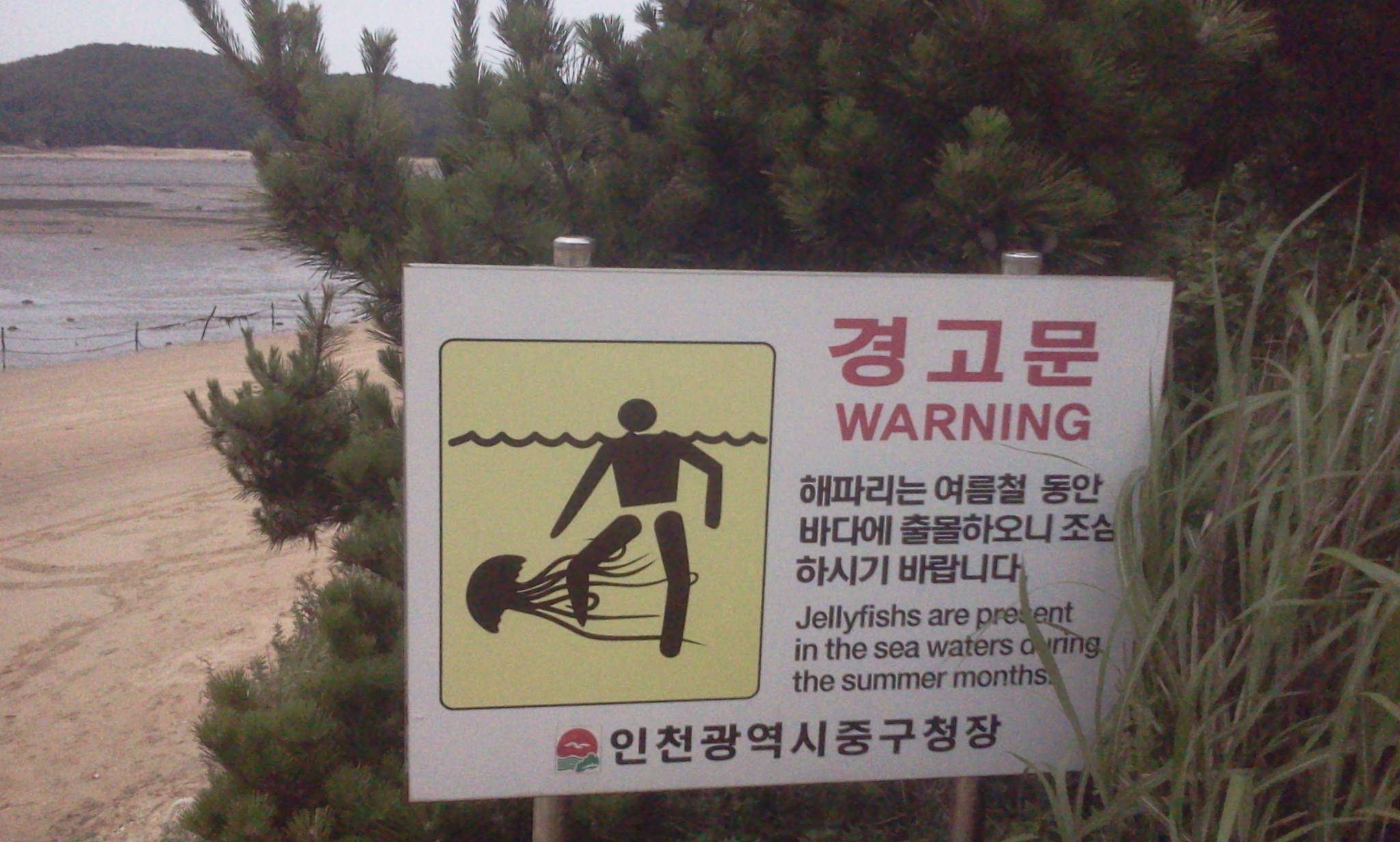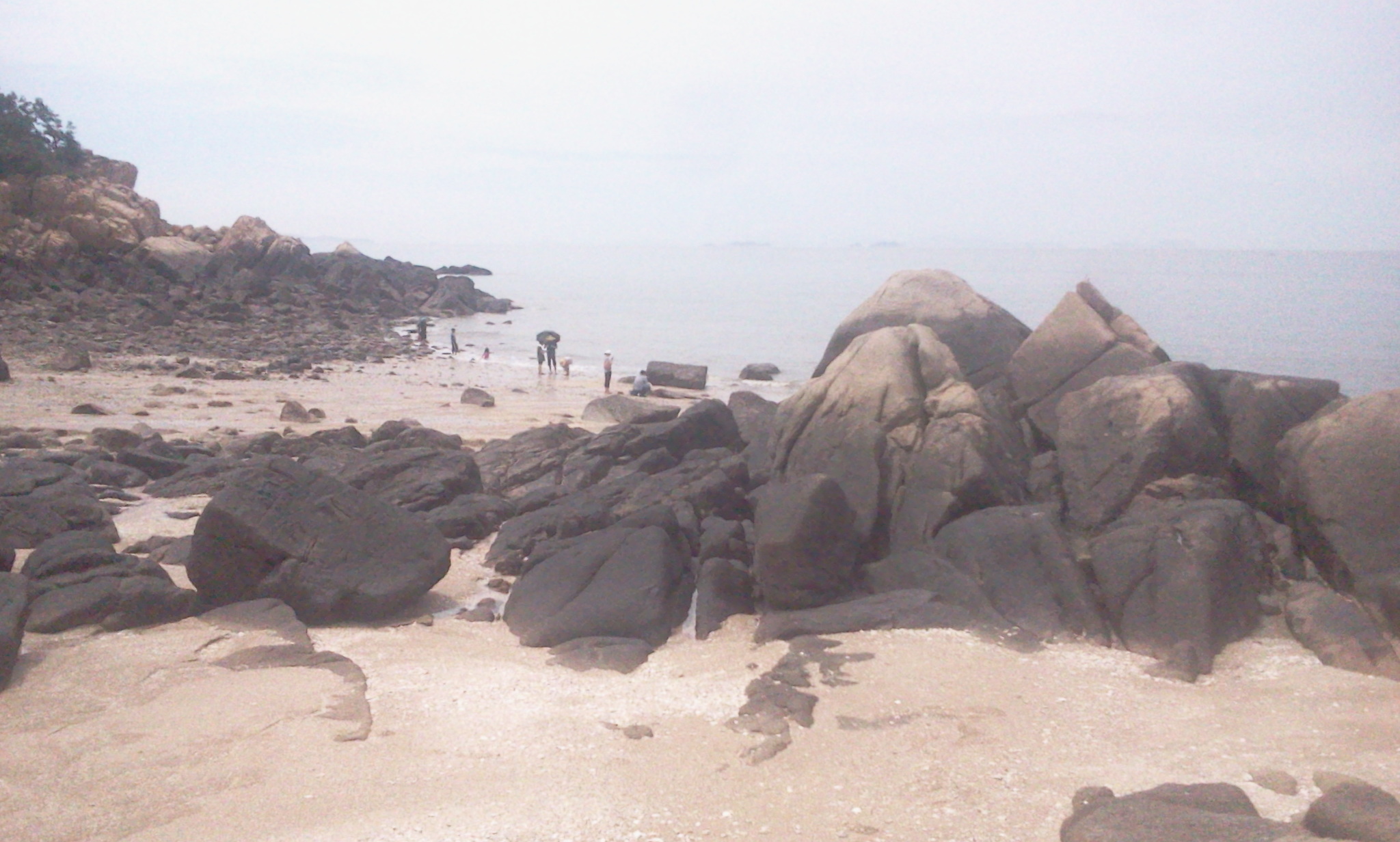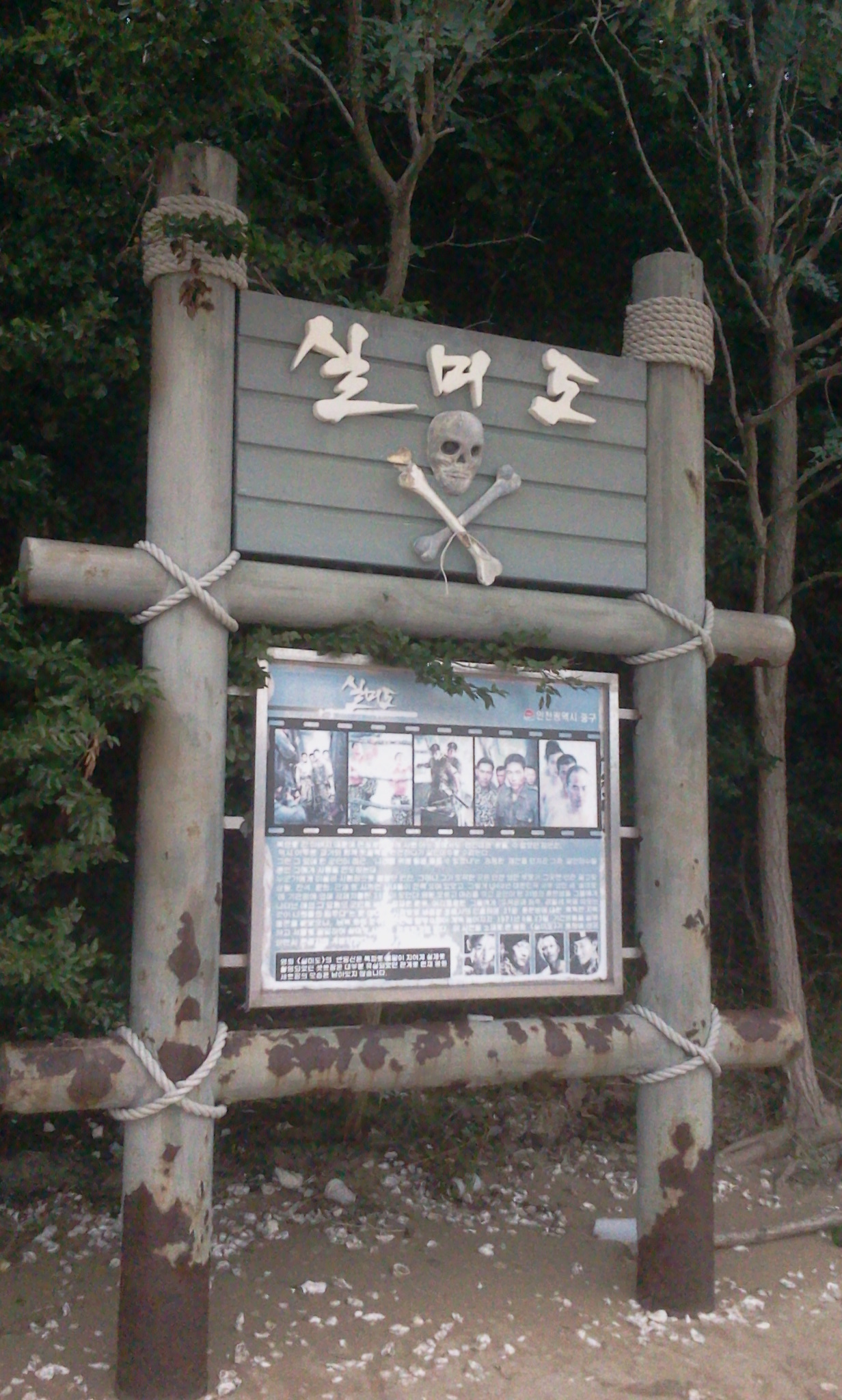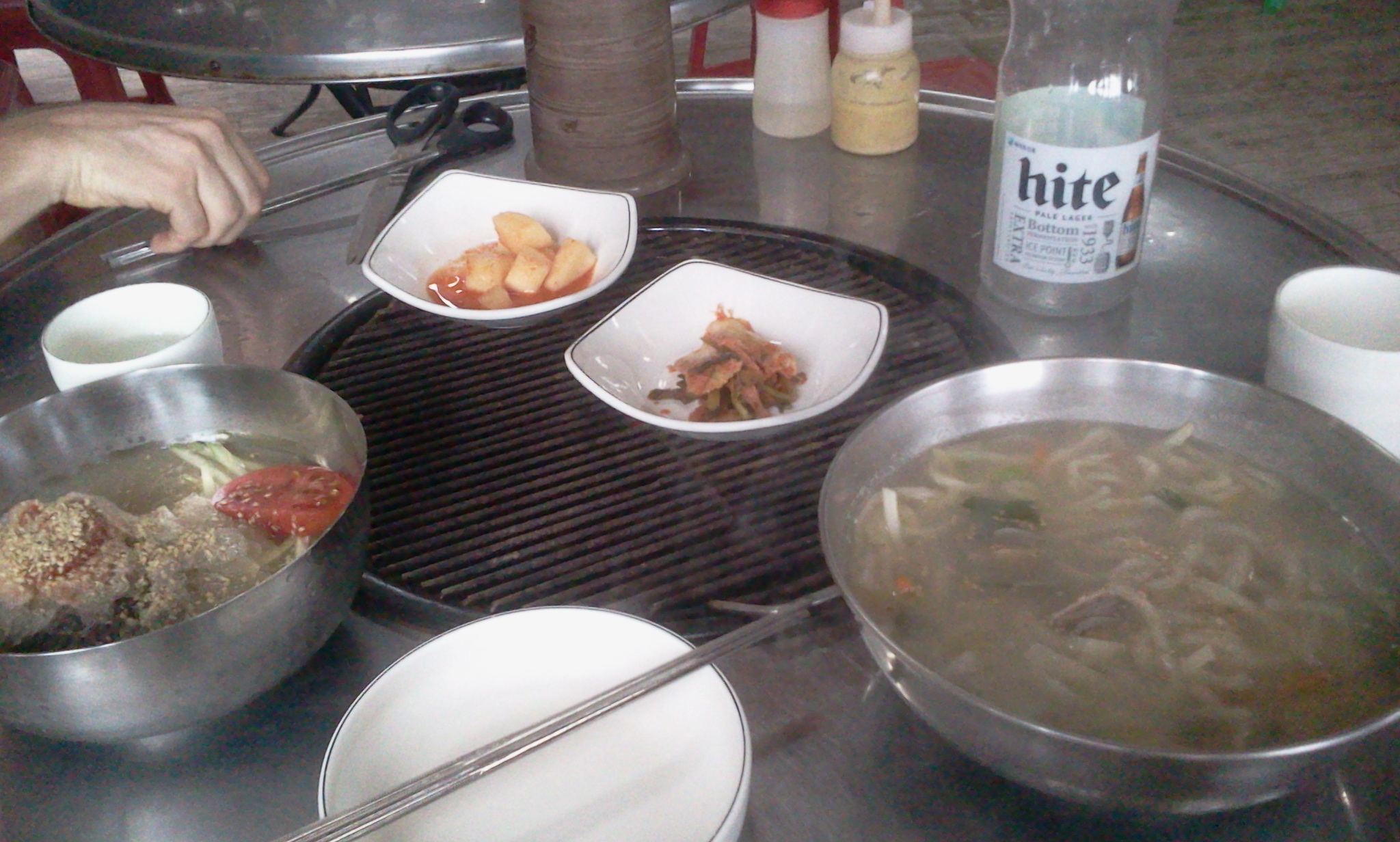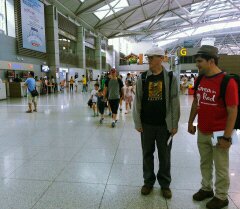I have been undergoing a bit of a depressing realization, lately, about my character and about my life. The fact is that I am quite bad at all social relations that go beyond a certain, superficial level. Really, more accurately this is not a “realization” (because I already have known it), but rather a reinforcement, or a reminder.
I am good within what you might call “well-defined” or “bounded” social interactions, I think. This is why I don’t have problems with teaching, or work in general, or with making a good impression on sociable strangers whom I meet on the street – if I need to. But for the closest, most important social relations, I’m terrible. I am, perhaps, too self-centered. I come by this trait quite legitimately, of course. That does not really excuse it, however. It is a substantial moral failing, in my own opinion.
When it comes to my family, I don’t really stay in touch very well. The same is true with close friends. Some of my friends and family tolerate this poor performance, and so they periodically reach out to me – meeting me on my own terms, so to speak. They read my blog, because that’s how I choose to make myself accessible to them. Many other relatives and friends, however, do not do this. Because of this, I quickly drift out of touch with them.
Last weekend, this shortcoming of mine was hammered home to me in the most shocking, sobering, disconcerting way possible.
As many know, quite a while back I essentially quit the facebook. I maintain my account there, but I almost never log in. In fact, it had been at least 3 or 4 months since I last logged in.
A few days ago, I decided to log in just to check if anyone was trying to get in touch with me but was too stubborn to realize I wasn’t using facebook anymore. There are quite a few people in this category, of course – many of whom are quite close friends or family, or at least were such at some point in the past.
I logged into facebook, and discovered that my stepson, Jeffrey, is now a father. That makes me, um… a grandfather. Stepgrandfather, yes, but… as close as I’m likely to get in this life. Although Jeffrey and I are not close, now, there was time when he was young when we were quite close, and he called me “dad.” I have mostly good memories of those interactions. I have many regrets about my own failures in my role as parent.
Clearly, however, Jeffrey is not one of those people who will reach out to me “on my terms.” That means that it’s up to me to stay in touch. I have been failing to do that. This has led to this huge surprise.
I don’t want to intrude on his privacy. He has his life. I am mostly grateful that he seems to have turned out OK, despite the difficulties of his adolescence, especially with his mom Michelle’s death in 2000. I have tried to help him in various ways, at various times, over the years, but I doubt he sees me as particularly reliable. I expect that he perceives me to be that flaky stepdad that wasn’t there for him or Michelle at those critical moments when I might have been most needed.

Thus I understand his reticence to reach out to me in any way but the most peremptory manner. Indeed, I’m sympathetic – there were many years when I’ve had a similar level of distance between myself and my own parents – I was, ironically, just discussing this with my mother recently, too. It’s been 6 months since I traded emails with my father. Even worse with my sister.
There is a realization that being left out of the loop with respect to Jeffrey’s life hurts a little bit. Just as my mother was telling me how it hurt her to have been left out of mine, years ago.
I choose not to feel anger, though. My reaction is to simply decide to accept my own flakiness, I guess. I am simply not meant for social intimacy. Not meant for family. Not meant for marriage. A certain residual sadness, such as comes with the first cool days of autumn.
For many years I have been a kind of de facto urban hermit. I have my work, but it is, as I already said, well-bounded. I go to work, I am social and even caring about my students and coworkers, but this is possible for me, psychologically, precisely because I am able to walk away from it each day and mostly not think about it the rest of the time.
This is my hermitage. It’s not really a new realization, either – I’ve realized it before. I have long been drawn to, and most comfortable with, a kind of eremetic lifestyle. It becomes more and clear to me, however. I exist at the center of my solitude.
I watch the world. Someday, I will stop watching the world.
[daily log: walking, 6 km]


